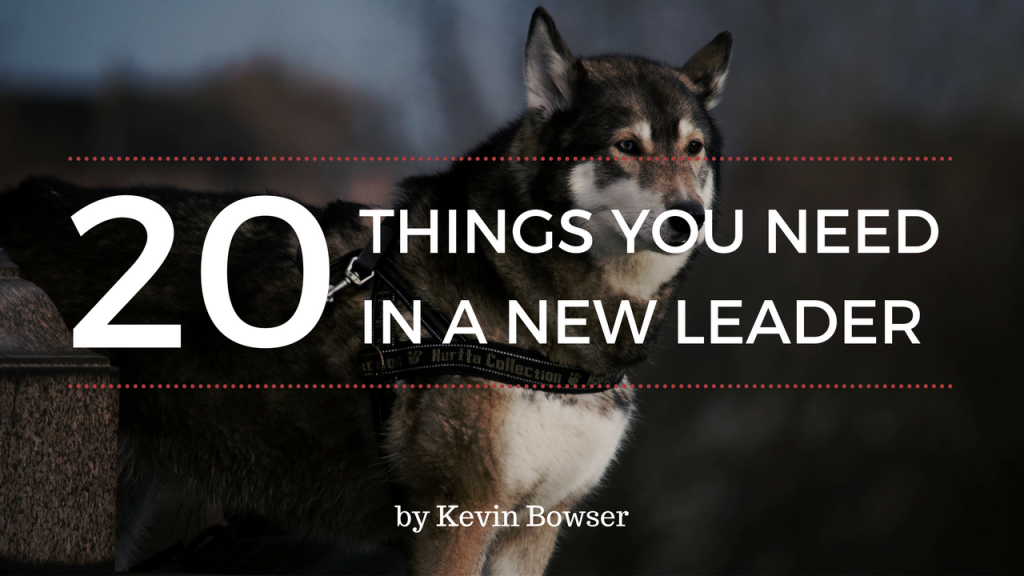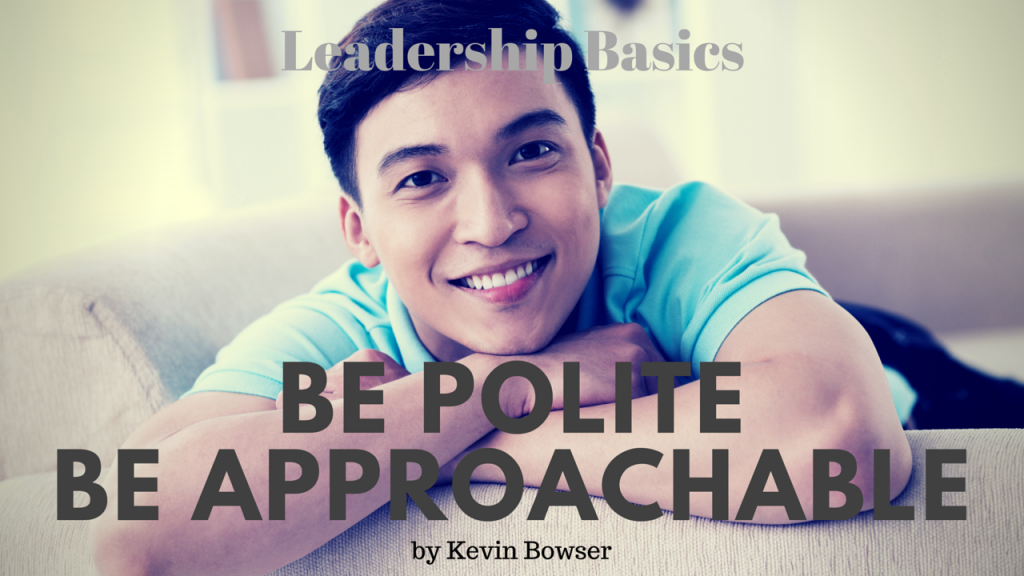One of the factors that were most important for me back in the days when I was a professional speaker was a maxim that I learned from the former actor that taught me all I needed to know about professional public speaking. He taught me that I needed to “know my audience” before I spoke to them. Those were wise words.
What do you know about your followers?
Leaders, how well do you know your followers? Just what do you know about them? Do you even know them at all? These are tough questions. But, they are questions that we need to consider. Knowing them will provide us the insights into their lives and personalities that we need to be a better leader.
How do you get to know your followers?
Let’s assume for a minute that you accept the value of knowing your followers. How can you get to know them better? Consider the following ideas:
Go to them — Go and visit them. If you regularly have 1-on-1’s with your followers, consider having the next one at their office or sitting at their desk. Why? You will see the things that are important to them by what is on display at their desk. Is it a picture of their family? Their motorcycle? Is their favorite sports team obvious? You may not ever know some of these pieces that make up the whole person unless you make the effort to go to their space.
Click here to read the rest of the article »





